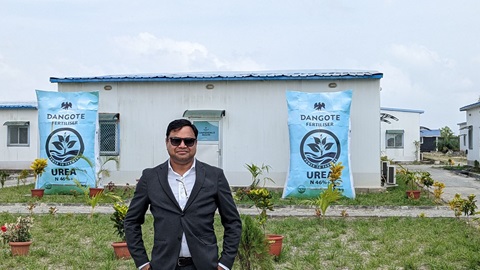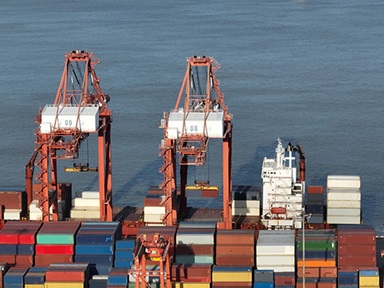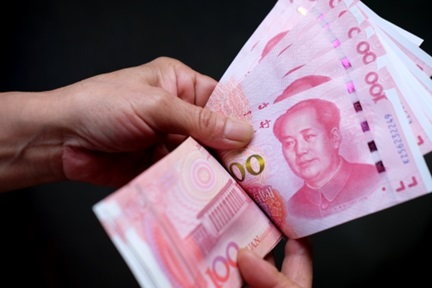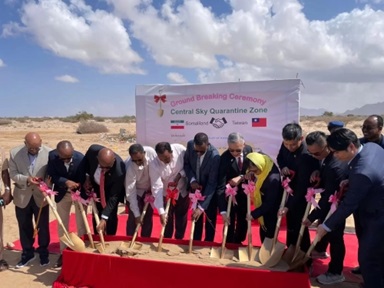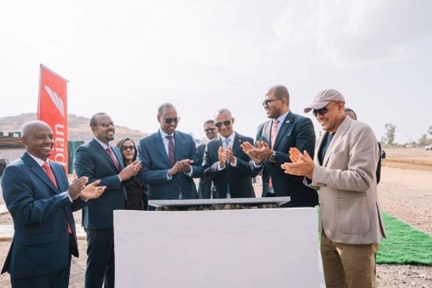Lagos Free Zone secures US$50m funding for expansion
Tolaram of Singapore seeks to host 150 industries at LFZ by 2035
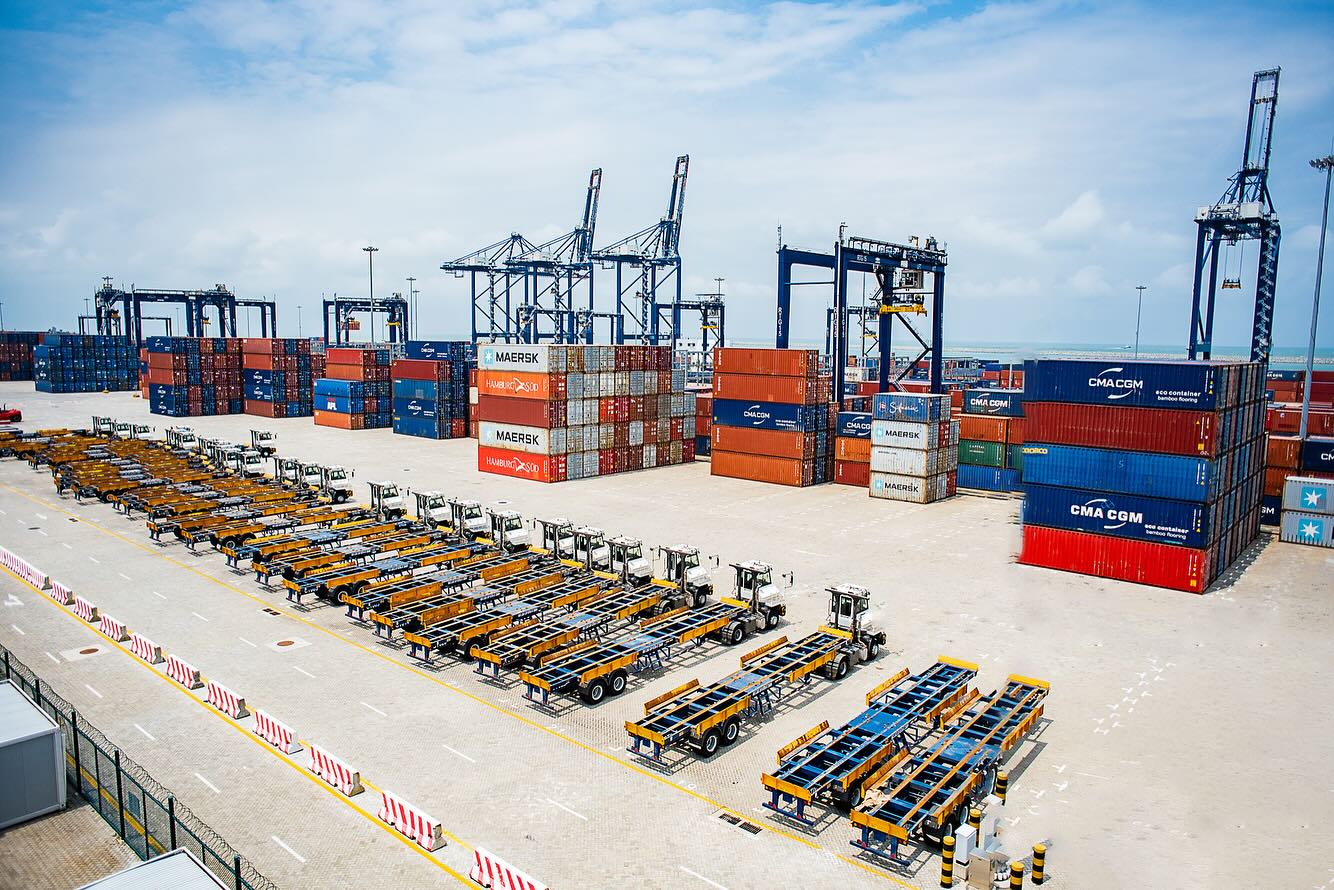 Photo source: Lagos Free Zone
Photo source: Lagos Free Zone
The Lagos Free Zone (LFZ), a private special economic zone set up by the Singapore-based Nigeria invested food-to-infrastructure conglomerate Tolaram, has secured an equity investment of up to US$50m from the International Finance Corporation (IFC), the private sector arm of the World Bank Group. The funds will be used to develop land, industrial facilities, and logistics infrastructure within the 850-ha zone, aiming to attract more foreign and local businesses.
Designed by Singaporean urban planning firm Surbana Jurong, LFZ was established in 2012, with its 300-ha first phase nearly fully developed as of last year. The zone provides businesses with key infrastructure and benefits such as exemptions from government taxes, levies, and rates; duty-free imports for goods from outside the country; the ability to export finished products to the Nigeria Customs Territory; and tax-free remittance of profits and dividends. It is already home to companies such as Kellogg’s, Dano Milk, Colgate, BASF, and Tata International. LFZ intends to host over 150 industries by 2035. LFZ embarked on a series of roadshows in India and China last year (2024) in a bid to attract foreign investors. It also frequently hosts visiting foreign delegates.
With over US$2.75 billion in employed capital the LFZ is part of the broader Lekki Industrial Corridor which is home to the Dangote petroleum refinery and fertiliser plant. The zone includes the Lekki Deep Sea Port, which allows investors easy access to cargo imports and exports. With a depth of 16.5m, the port can accommodate vessels up to four times larger than those handled by Nigeria’s older ports. It is positioning itself as a transshipment hub for West Africa, facilitating cargo movement to neighbouring countries. Spanning 90 ha the Lekki Deepsea Port can handle up to 2.5 million containers annually. In its first phase itself the port has boosted the total port capacity of Nigeria by at least 60%.
Amit Jain, the Director of the NTU-SBF Centre for African Studies has characterised the Port and LFZ as a ‘game-changing’ project for Nigeria in Back to Growth: Priority Agenda for the Economic Revival of Nigeria. Its location right next to the massive Dangote refinery makes it one of the most valuable strategic assets of Nigeria.
Nigeria’s manufacturing sector has faced significant challenges in recent years, with a weakening naira and inflation – which exceeded 30% in December – putting pressure on businesses and consumers alike. The currency fell to record lows of over 1,600 to the US dollar last year although it has since recovered.
These conditions have forced several multinational companies to scale back operations. Last year, Heineken’s Nigerian subsidiary temporarily closed two of its nine breweries, citing tough market conditions. Procter & Gamble shut its manufacturing operations in Nigeria in favour of imports, while pharmaceutical giant GlaxoSmithKline exited the country due to economic volatility and foreign currency shortages. Unilever also withdrew its OMO, Sunlight, and Lux brands from the Nigerian market. Beyond the macroeconomic challenges, manufacturers contend with unreliable electricity, poor transport infrastructure, inefficient ports, complex customs processes, and a shortage of skilled labour. The LFZ aims to ease these constraints by providing businesses with the necessary infrastructure, allowing them to focus on their core operations.
The worst, may however, be over. The United Nations projects the country’s GDP to grow by 3.5% in 2025 and 3.8% in 2026, as policy reforms – particularly in energy subsidies and foreign exchange management – begin to show results. The Naira appears to have stabilised, crude oil production has improved and imports of gasoline have declined as the Dangote oil refinery has come onstream.
References
‘Procter & Gamble halts manufacturing in Nigeria amid economic headwinds’, NTU-SBF Centre for African Studies, 27 December 2023
'Lagos Free Zone emerges as an economic lifeline for Nigeria', NTU-SBF Centre for African Studies, 27 March 2024
‘Nigerian Breweries indicates plans for company-wide reorganisation as part of strategic recovery plan’, Nigerian Breweries, 13 April 2024
'After conquering Nigeria’s noodle market, company turns to infrastructure', How we made it in Africa, 17 April 2024
‘Heineken shuts two plants in Nigeria as forex costs bite’, News24, 17 April 2024
'Naira falls to fresh low as local dollar liquidity dwindles', BNN Bloomberg, 13 September 2024
'Nigeria’s economy in 2025 doesn’t look bright – analyst explains why', The Conversation Africa, 06 January 2025
'World Economic Situation and Prospects 2025', United Nations, 09 January 2025
'Nigerian inflation rises for fourth straight month in December', Reuters, 15 January 2025
'Lagos Free Zone powers Nigeria’s economic rise', Lagos Free Zone, 01 February 2025
'IFC invests in Lagos Free Zone to support industrial growth and economic diversification in Nigeria', Lagos Free Zone, 07 February 2025

